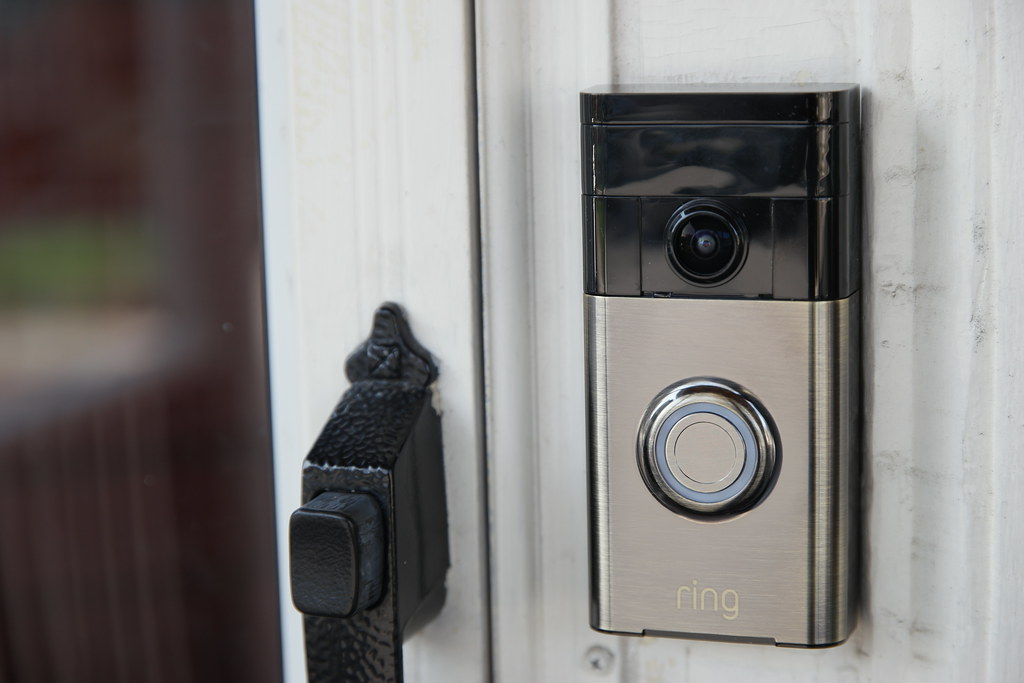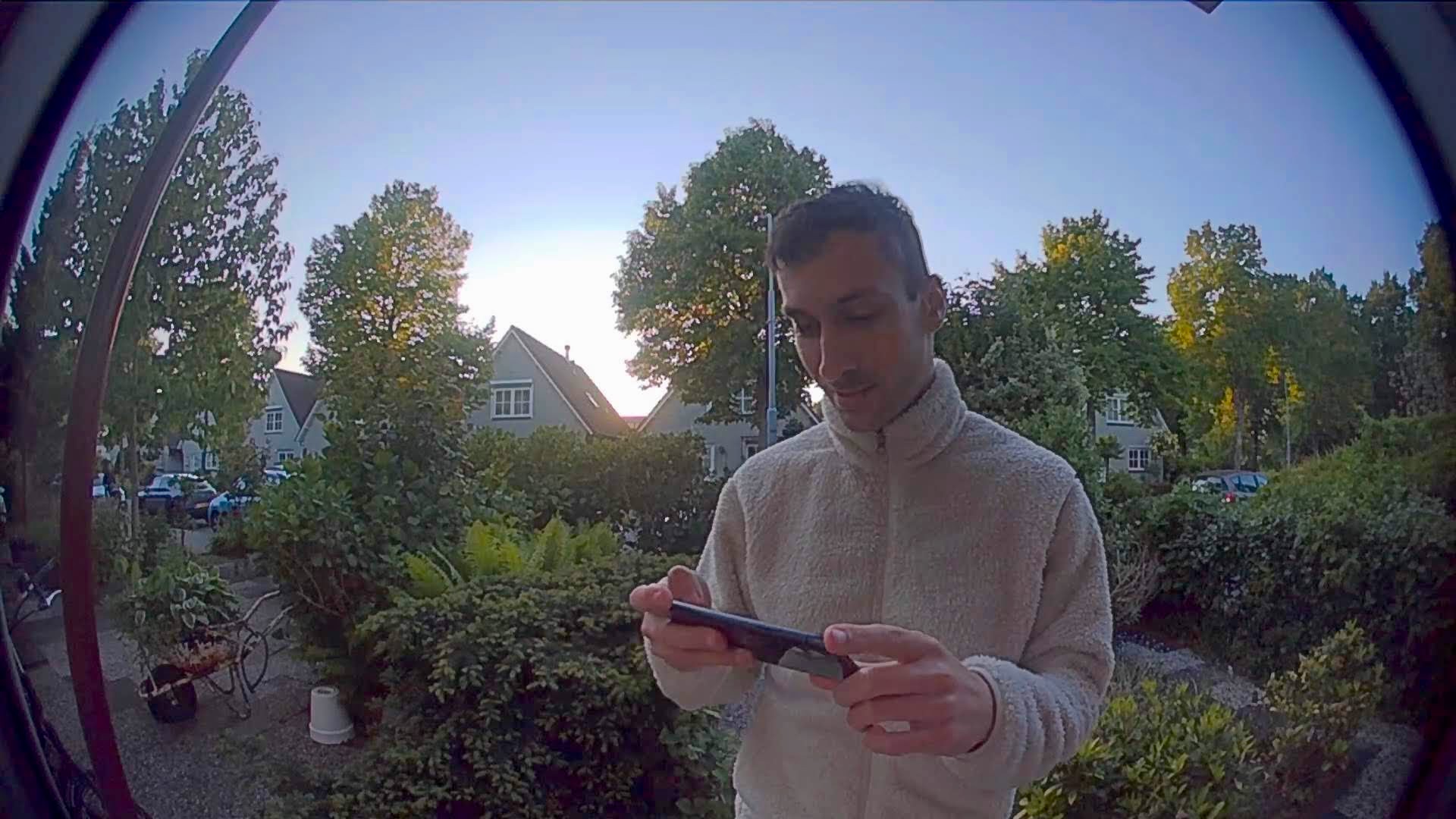Video Doorbell Privacy Concerns
Contents
Video doorbells are the newest must-have gadget isn’t a new computer, phone, or even home assistant.
With the introduction of video doorbells, many people have been questioning their privacy rights and safety. While these devices offer an added level of convenience and security, their use could be compromising one’s right to privacy, and even putting them at risk.

All of those are mature enough products that this year’s version isn’t much different from last year’s. And if you want one, you’ve probably already got one.
No — for many people, the next piece of home automation tech they want is a video doorbell.
And why not?
They increase your safety — giving you visual confirmation of who’s at the door whether you’re at home or not.
Video doorbells film everyone on your porch or stoop — an important security feature as we do more and more of our shopping online and have to hope our packages survive a workday exposed to the public. Not to mention, if you’re ever robbed, chances are good you’ll get a picture of the thief’s face.
Many have remote-access features so you can still let people in even if you aren’t at home. A godsend if, say, your pet sitter locks themselves out while you’re on vacation.
They provide a watchful eye over your entrances and exits — affording you the kind of security and peace of mind that used to be available only to those wealthy enough to afford their own security force.
But let’s not get too far ahead of ourselves. There’s a dark side to this technology as well. Just as any innovation can be used for good or evil.
In this case, it’s a different kind of home invasion. One that video doorbells don’t prevent — but actually directly allow.
Dark Side of Video Doorbells
Video doorbells can provide a bird’s-eye view of anyone who approaches your doorstep, recording images or sounds that may not be known to the visitor. Homeowners also need to consider how recordings may be used by the third-party companies providing these products. Many of these companies have come under scrutiny for data-collecting practices, which could potentially lead to abuse or hacking.
If you’ve read George Orwell’s novel 1984, you probably remember how invasive the government was in that dystopian future (1984 was in the future when the book was written).
Entire departments were set up to promulgate propaganda. Two Minutes Hate activities happened a couple of times a day — if you didn’t show enough vitriol, you could get in trouble.
And the Thought Police monitored the very content of your head for heresy.
The main tool for figuring out what you were thinking? The telescreen — a two-way TV that simultaneously broadcast propaganda and gave security officers a live feed of what was happening in your home.
The concept of a telescreen was perfectly projectable back in the 1950s when the novel was written. And perfectly horrifying as well — what an incredible invasion of privacy!
Well, guess what. Video doorbells are the telescreen that comes to life. They may not be inside our homes (yet), but by showing all the comings and goings just outside your door, they’re the next best thing.
I’m not talking about bad actors hacking your system and accessing your private feeds either. That does happen, though it’s not a major concern.
No — I’m talking about the companies that make these systems willingly handing over the keys to law enforcement agencies.
In some cases, this information has been misused to target innocent people or violate civil liberties. Even if homeowners trust their device provider, there is still a risk of invasion of privacy as innocent parties may be subjected to surveillance without any indication or warning.
Ring — owned by Amazon and perhaps the dominant player in the video doorbell space — recently reached an agreement with over 400 police departments to share feeds from their devices.

If that isn’t creepy enough, Amazon just filed a patent to put their facial recognition software into Ring doorbells — the better to identify “suspicious” passersby.
Google’s Nest doorbells don’t have quite as sweeping a dragnet — though word on the street is they’re putting facial recognition in their cameras as well.
It’s worth noting that most hacks thus far have been of Nest cameras — admittedly because users had weak passwords.
And that brings us to…
How to Protect Yourself
Security experts suggest taking steps to protect yourself from potential surveillance. The most important is to choose a doorbell with the right level of encryption. This will ensure that any footage of your home is secure and can’t be accessed by unauthorized people. It is also important to ensure that the company behind your smart device is reputable and has a good reputation for protecting customer data.
If you want the convenience of a video doorbell without the massive privacy concerns, there are a few things you can do to protect yourself.
- Don’t buy a Ring doorbell. Some companies are better, some are worse — but there’s no doubt, Ring is in a class of its own. Unless you want your feeds shared with police departments without your permission — to be used any way they want — avoid all Ring doorbells. Think about it — most people who show up at your door are friends and family. You don’t want to give authorities an extra channel to spy on those closest to you.
- Review the privacy agreement. Read — actually read — the privacy agreement of whichever company you choose. Manually go through each privacy setting. Many products give you the option to share your feed or not, but will have you opt-in as the default. Opt-out.
- Be mindful of placement. Do your best to keep your camera pointed only at your doorway. You don’t want any extraneous recording. Some cameras have features that let you block out some zones of sight — use them to keep your camera from catching other goings-on. For instance, if you’re inadvertently filming your neighbor coming home from work every day, you might be exposing yourself to invasion-of-privacy litigation.
- Make sure your network is secure. Take steps to safeguard your home network, and use a strong password to protect your video doorbell accounts. Because if there’s one thing worse than the authorities having access to your video feeds, it’s criminals getting their hands on that information.
This is a new and somewhat confusing area of privacy. Plenty of us would like to help police monitor our neighborhoods — sort of like a neighborhood watch. But at the same time, this sort of expanding access will be abused sooner or later. It’s just a matter of time. That’s why you should do everything you can today to set yourself up for the inevitable privacy fights of tomorrow.
Conclusion
Research the doorbell company’s data collection policies and ensure you receive adequate protection from cyber threats or any other form of misuse.
Avoid storing unnecessary data on their devices, and limit footage sharing with outside parties.
Ultimately, being aware of the potential risks associated with doorbell cameras is essential if you want to keep your home safe. With the right precautions, however, you can use this technology to its full advantage without compromising your privacy or safety.
